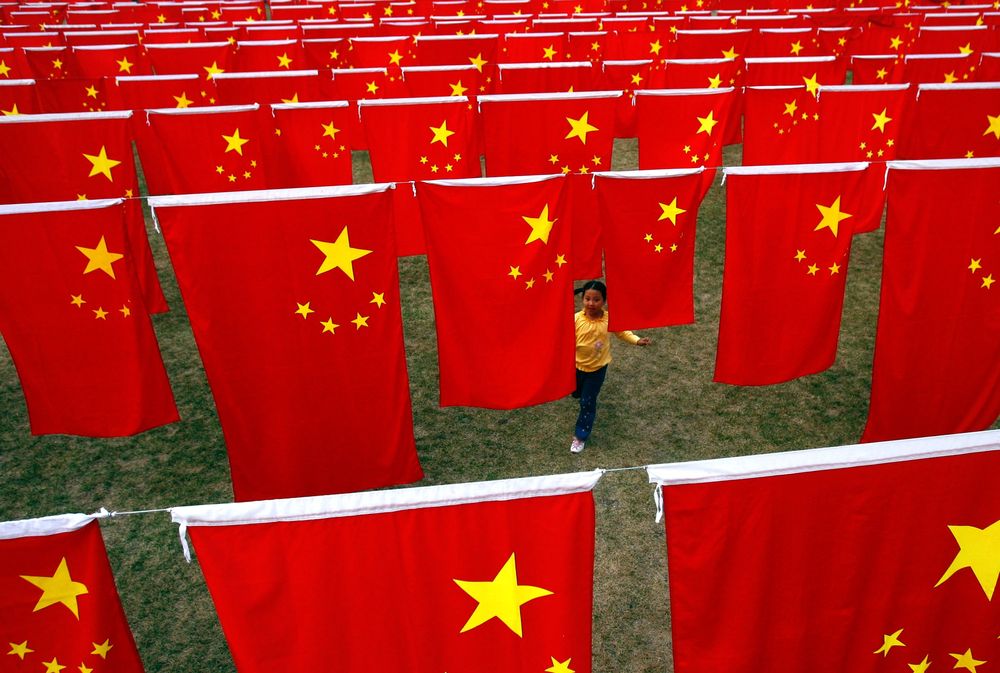
The Financial Times reports that China is expected to use the G20 summit in Argentina this week to show it is cutting its reliance on exports in an effort to deprive the Trump administration of allies in the trade war. The declaration this week by Robert Lighthizer, US trade representative, that "China fundamentally has not altered its acts, policies and practices" has damped hopes for a breakthrough when the US and Chinese presidents meet in Buenos Aires. China dismissed the US report as "totally unacceptable" and said Washington had broken its commitment" to World Trade Organization members. Rather than seek a grand bargain, analysts believe Beijing will try to peel away would-be US allies, in part by pointing to China's shrinking current account surplus, a frequent complaint among trading partners in the 2000s.The surplus, which peaked at $421bn in 2008, flipped into a deficit through the first three quarters this year. Oxford Economics forecasts that the full-year surplus will be "close to zero", as rising commodity imports and foreign tourism have gradually neutralised China's surplus in manufactured goods.
Andrew Browne of Bloomberg argues, "...although Chinese nationalists like to cite the "century of humiliation" China suffered at the hands of marauding imperialists to explain why it'll hang tough now, the fact is that reform in China has rarely come about in the absence of a challenge from the outside world. At key moments in China's history, external pressure has been the indispensable impetus to change...Even now, U.S. pressure has arguably triggered modest concessions, even if Beijing won't admit it. For instance, China has made good on promises to lift the cap on foreign investment in automotive factories. It's also acting friendlier to neighboring trade partners, including arch-foe Japan.The key is China's quest to be respected as great nation. Much as the Chinese elite may resent foreign lecturing, it pains them to see their country branded a recalcitrant in the eyes of the world...Foreign pressure is even more critical since those arguing for economic reform in China these days are a beleaguered lot. The Communist Party's reform wing built the institutions that govern the modern economy by scouring the world for best practices. Its leading members studied management at Harvard, and the hybrid development models they came up with worked miracles for China while sending a reassuring message to the world that the country's economy was headed in a broadly liberal direction.
- 2018-11-21 Five Takeaways From Our New China Project
- 2018-11-20 China's President Xi Jinping Visits the Philippines to Deepen Ties With the U.S. Ally
- 2018-11-19 APEC fails to reach consensus as US-China divide deepens
- 2018-11-18 China moves closer to allowing foreigners to control insurance ventures: sources
- 2018-11-16 The trade war is pushing business out of China, but not into America
- 2018-11-15 China and the U.S. Offer Rival Visions of the Pacific at the ASEAN Summit
- 2018-11-14 Why Young Pakistanis Are Learning Chinese
- 2018-11-13 Xi Expands China’s Footprint in the Pacific While Trump Stays Home
- 2018-11-12 China calls for open world economy but work remains on landmark trade pact
- 2018-11-11 Bilateral ties, military movement key points at US-China meeting
- The Washington Post China's Tech Giants Are Looking Weaker Than Ever
- The Washington Post Kenya: 3 Chinese to be charged with bribing investigators
- New York Times How Cheap Labor Drives China's AI Ambitions
- The Washington Post Dolce&Gabbana fiasco shows importance, risks of China market
- CNN In Taiwan, the DPP's loss is China's gain and a setback for the US
- RT News Chinese investors may turn to Russian market amid escalating trade tensions with US
- The Washington Post In South China Sea, a display of US Navy strength — and a message to Beijing
- The Washington Post Taiwan ruling party suffers major defeat in local elections
- TIME Dolce & Gabbana Issues Apology to China After Backlash Over Ads
